Fall turkey hunting is pure fun. Unlike the spring season, which often requires lots of patience, the fall season will give your legs a workout, especially in the mountains. Furthermore, you may need your best wing-shooting skills, as a tom or hen may flush unexpectedly and you’ll need to shoot between limbs and tree trunks. During the fall season, the leaves are turning and falling, the woods are filled with fresh rubs and scrapes, and the challenge may be to stop checking out the newest deer sign and keep your mind on the turkeys.
Although it’s fun, fall turkey hunting is a challenge and it’s amazing how a boss hen can take her brood and disappear in a heartbeat. Even if you see turkeys fly to roost and  sit under that tree the next morning, you aren’t guaranteed a turkey dinner. If you noisily approached that spot, turkeys will often sail well up the ridge or into the hollow rather than pitching down for an easy shot. If you’ve never hunted fall turkeys these tips may help you score.
sit under that tree the next morning, you aren’t guaranteed a turkey dinner. If you noisily approached that spot, turkeys will often sail well up the ridge or into the hollow rather than pitching down for an easy shot. If you’ve never hunted fall turkeys these tips may help you score.
Turkey flocks are noisy and you can often locate them by listening at dawn. Rather than starting at random, pick a spot and listen to narrow the search. Mature toms and jakes will gobble on the roost, so don’t be surprised. If you don’t hear birds calling in the trees or flying down, cover as much ground as you can looking for fresh scratching in the leaves.
 Sneaking up on turkeys is very difficult. Unless they’re scratching and feeding, you’ll rarely succeed. It’s a better strategy to bust up the flock by rushing in, yelling, or shooting over their heads. This may sound crazy, but there’s a method to it.
Sneaking up on turkeys is very difficult. Unless they’re scratching and feeding, you’ll rarely succeed. It’s a better strategy to bust up the flock by rushing in, yelling, or shooting over their heads. This may sound crazy, but there’s a method to it.
Now, sit down in the location of the scatter, pick a well camouflaged spot, and wait. Usually between ten minutes and an hour, members of the flock will begin to call; do your best to match their sound. Use a diaphragm, slate, or box, but do your best to “give what you get.” Usually, the youngest of the flock will call first, but don’t despair. Shoot a tender young hen or gobbler and give the old hen a free pass. She did a great job of raising a brood and we want her to succeed again next year.
Fall gobblers often live in bachelor groups and you’ll have your best luck calling them with a raspy gobbler caller. Use the strategies above, but be sure to approach the hunt with extra patience; toms seem very socially indifferent and don’t mind spending time alone. Good luck!

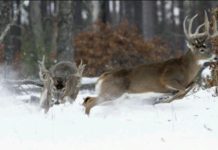
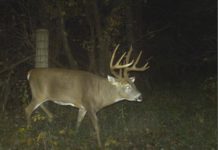
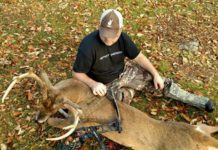
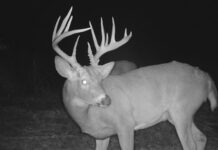


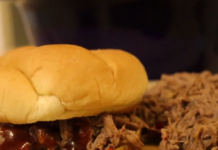

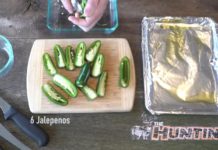
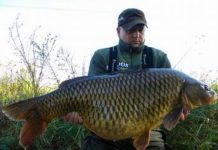
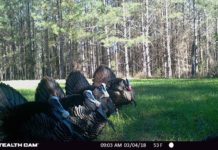

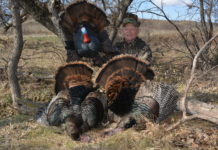

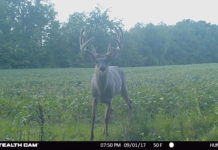
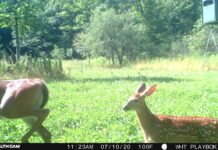
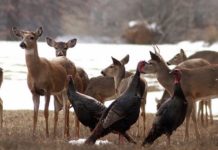
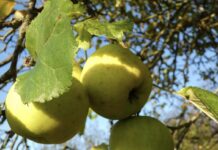
![The Best Deer Camp Chili [VIDEO] Deer Chili Ingredients, Tomatoes, Chili Spices](/wp-content/uploads/2015/10/Deer-Chili-Deer-Camp-Recipe-218x150.jpg)
![How to Call Elk Early in the Season [VIDEO]](/wp-content/uploads/2016/08/byers003-218x150.jpg)

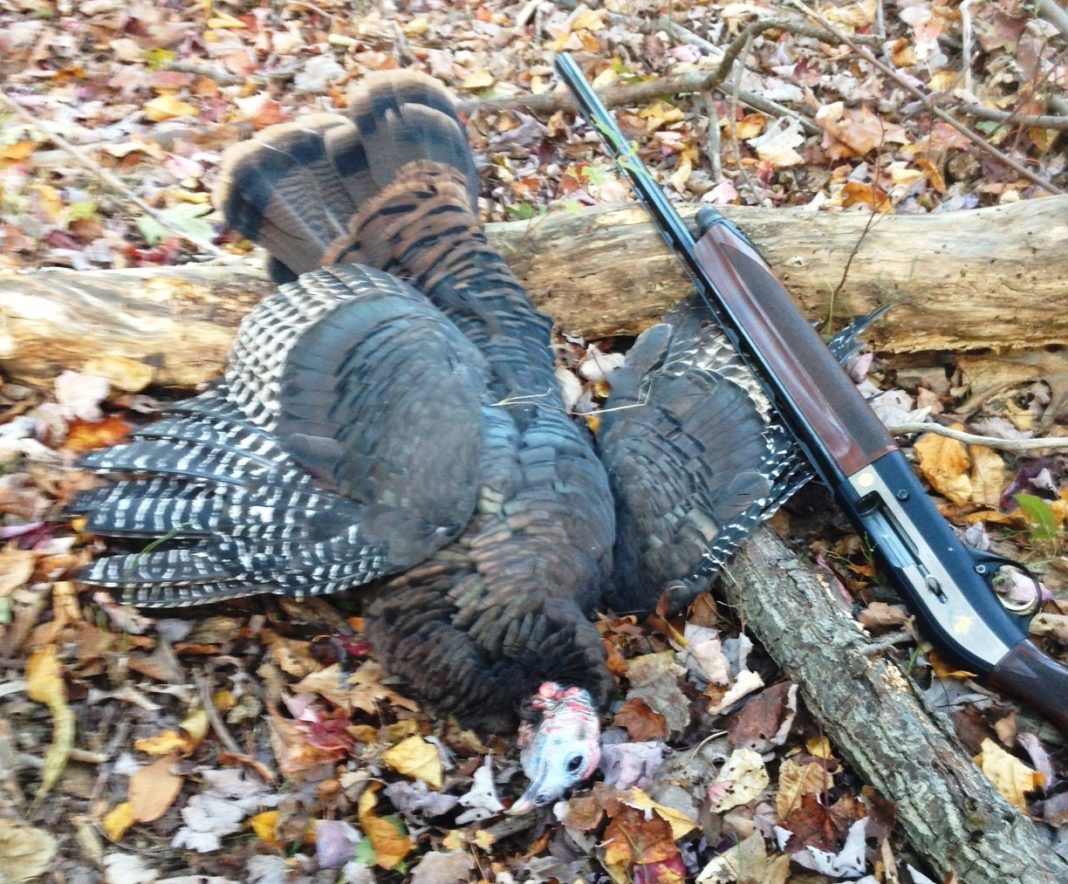


![Idiots Disturb Hunter: How Would You Have Handled It? [VIDEO]](/wp-content/uploads/2015/10/DSC00110-e1474487693878-100x70.jpg)
![Albino Buck Shocked to Shed His Antlers [VIDEO]](/wp-content/uploads/2015/10/AlbinoDeer-100x70.jpg)